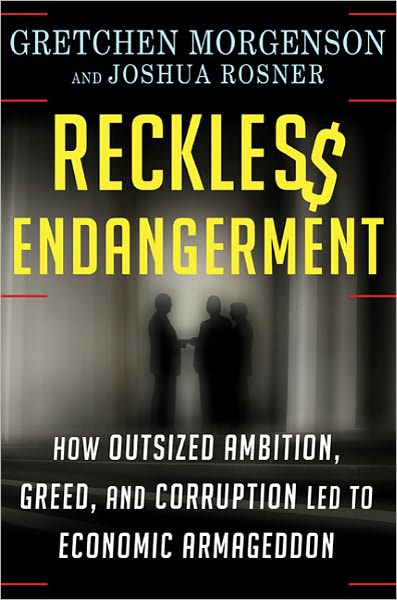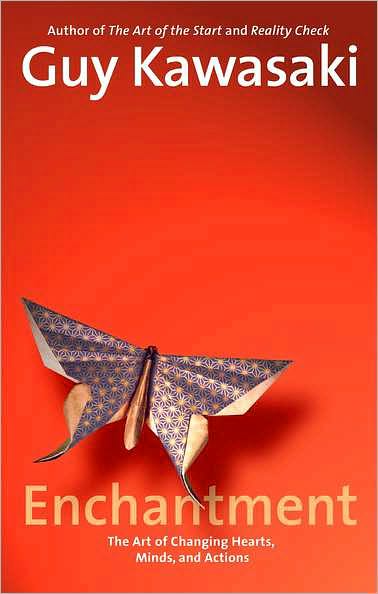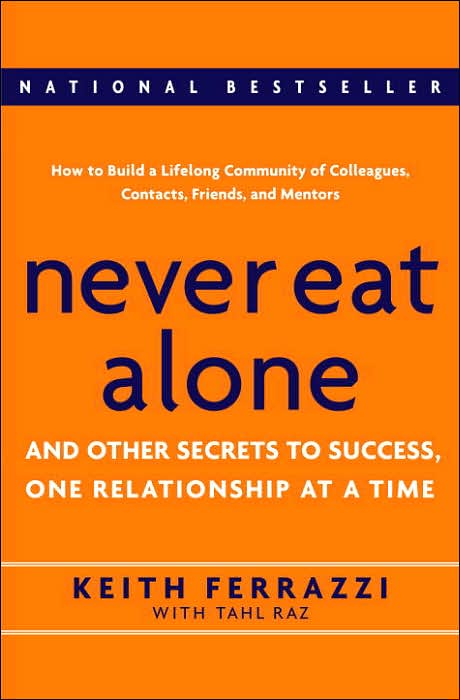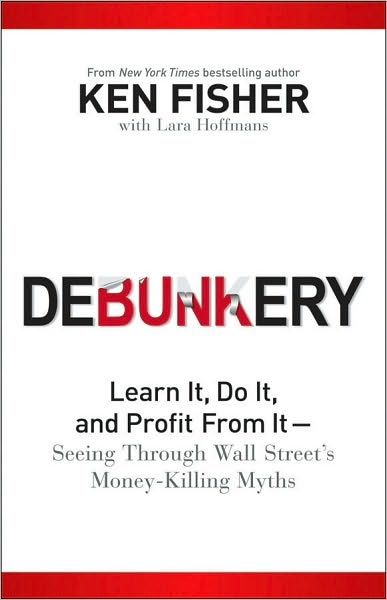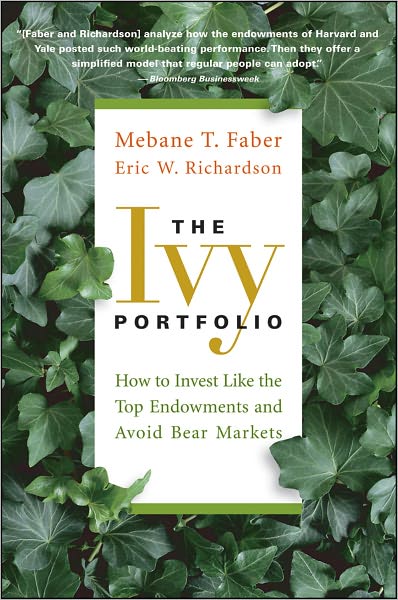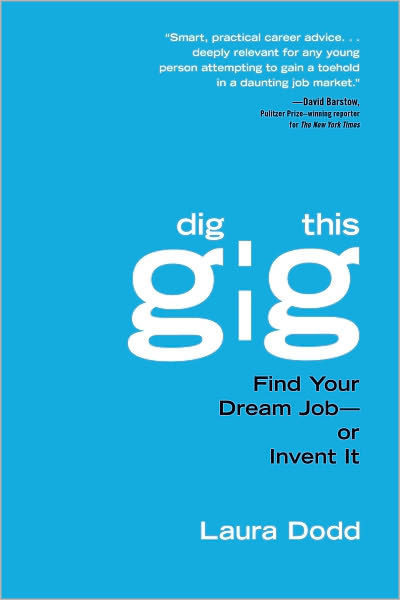Book Review: The Misbehavior of Markets
I met Benoit Mandelbrot at a conference at Columbia University back in early 2001.? It was a conference on the use of fractals in a wide number of subject areas, very few of which dealt with economics.? Mandelbrot was on of the few panelists to include anything on economics, though a few of the biologists gave me some ideas.
As far as I could tell there were only two economists at the conference, and we went out for Indian food together at lunch.? I met Dr. Mandelbrot at the wine reception where we discussed the state of the markets.? He and his friend, George Soros, both feared that Wall Street was mishedged, and that a crisis was coming.
Bright guy, though the eventual crisis was a liquidity crisis, and not a hedging crisis.? But the diversity of people in terms of field of study at the conference helps to explain what drove Mandelbrot intellectually.? He saw analogies across a wide number of phenomena, connected by one main idea — similar power laws.
The book points out the now-well-known fact that price changes are more volatile than the normal distribution will allow.? That has impacts on option pricing and portfolio management.
The book’s criticism of Modern Portfolio Theory, another idealistic creation of economists that neglects real world data is excellent.? From a misdefinition of risk as being equivalent to volatility springs the monstrosity of MPT.
The book shoes many ways where the received orthodoxy of MPT and the efficient markets hypothesis fails.? The only reason these idea hang around is that they are accepted uncritically, almost like a cult.? The chapter on the “Heresies of Finance” is particularly good, and poses problems for much of academic finance.
I liked the book a lot, and think that most academics and practitioners should read it.? It will broaden your horizons, even if you disagree after you have read it.
Quibbles
The main difficulty is this: just because A follows a similar power law to B, does not mean that A & B have something in common.? There are often spurious correlations.
Who would benefit from this book:
Most serious investors and academics could benefit from the book.? It will challenge your preconceptions.? That doesn’t mean that everything Mandelbrot writes is correct, but most of his criticisms of MPT are correct.? The question becomes what to replace MPT with?
If you want to, you can buy it here:?The Misbehavior of Markets: A Fractal View of Financial Turbulence.
Full disclosure: I bought the book with my own money.
If you enter Amazon through my site, and you buy anything, I get a small commission.? This is my main source of blog revenue.? I prefer this to a ?tip jar? because I want you to get something you want, rather than merely giving me a tip.? Book reviews take time, particularly with the reading, which most book reviewers don?t do in full, and I typically do. (When I don?t, I mention that I scanned the book.? Also, I never use the data that the PR flacks send out.)
Most people buying at Amazon do not enter via a referring website.? Thus Amazon builds an extra 1-3% into the prices to all buyers to compensate for the commissions given to the minority that come through referring sites.? Whether you buy at Amazon directly or enter via my site, your prices don?t change.



